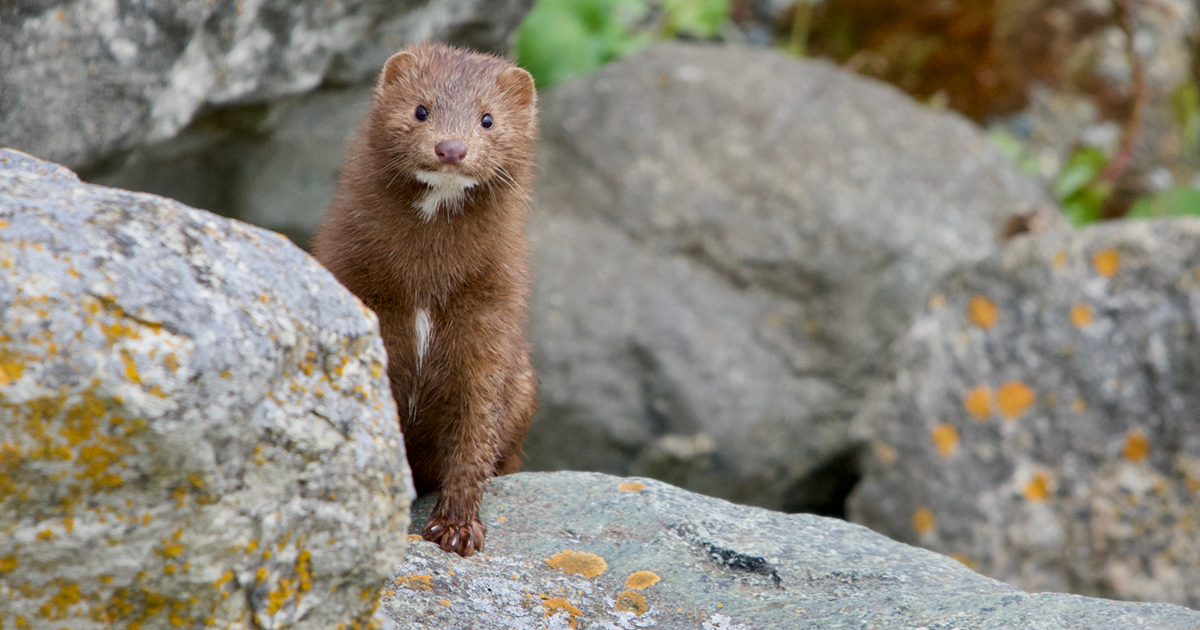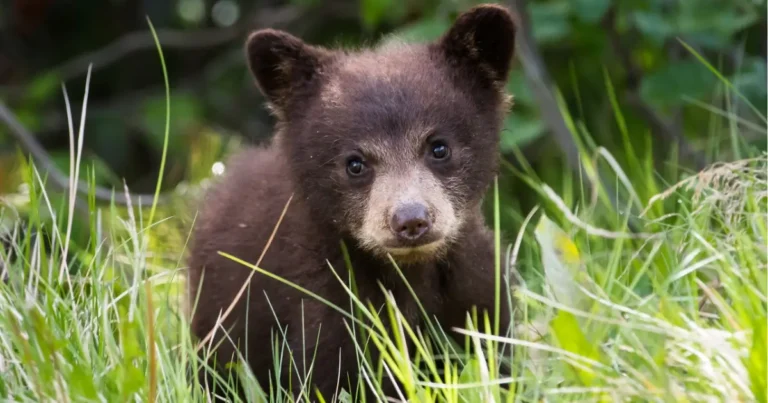
A recent report from the World Organisation for Animal Health (OIE) has revealed new information about the 3rd mink farm in British Columbia affected by COVID-19.
On May 18, the Government of BC announced that a Fraser Valley fur farm housing 25,000 mink was placed under quarantine after one mink on the farm tested positive for SARS-CoV-2. The government’s news release stated that no workers tested positive for COVID-19 and the ministry was working to identify the source of transmission.
A June 10, 2021 report from the OIE has identified human transmission as the suspected source of the infection. It also reveals that a total of five mink have now tested positive for SARS-CoV-2. Whole genome sequencing was completed and it has been determined that the B.1.618 variant (named the “triple mutant”) has been detected in mink on this farm. According to the BC Centre for Disease Control’s June 11 weekly update on Variants of Concern, this variant has been found in humans in BC through whole genome sequencing.
With a new variant detected in mink on this 3rd farm and confirmation that the virus is spreading to more animals, The Fur-Bearers are reiterating our calls to close all fur farms in British Columbia.
Take Action
Residents of British Columbia are encouraged to contact their MLA and Minister of Agriculture Lana Popham (AGR.Minister@gov.bc.ca or by phone at 250-387-1023) and politely voice their opposition to BC’s fur farming industry. You can find your BC MLA by clicking here.
Background Information
- British Columbia currently has 11 fur farms in operation. 10 mink farms, 1 chinchilla farm. All mink farms are located in the Fraser Valley.
- Most recent Statistics Canada data (2018) shows 281,600 mink were bred in BC that year.
- A 2020 poll conducted by BC public opinion firm Research Co., found that 85% of the population of BC are opposed to killing animals for their fur.
- 7738 Canadians signed Government of Canada E-petition e-3096 that calls for nationwide ban on fur farming for all species of animals.
- The Food and Agriculture Organization of the United Nations (FAO), the World Organisation For Animal Health (OIE), and the Word Health Organization (WHO) published a risk assessment for fur farms: SARS-CoV-2 in animals used for fur farming: GLEWS+ risk assessment. The risk assessment identified Canada has having a “very likely” likelihood of introduction and spread of SARS-CoV-2 within fur farms, and a “likely” likelihood of transmission of the SARS-CoV-2 virus from fur farms to susceptible wildlife populations.
